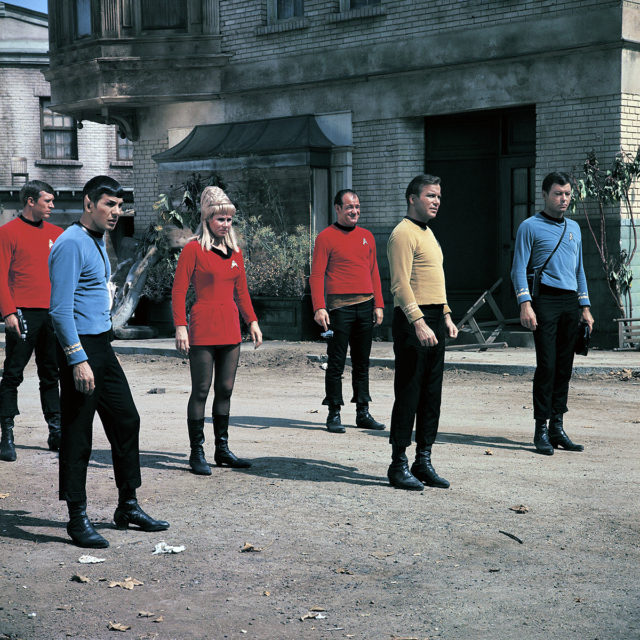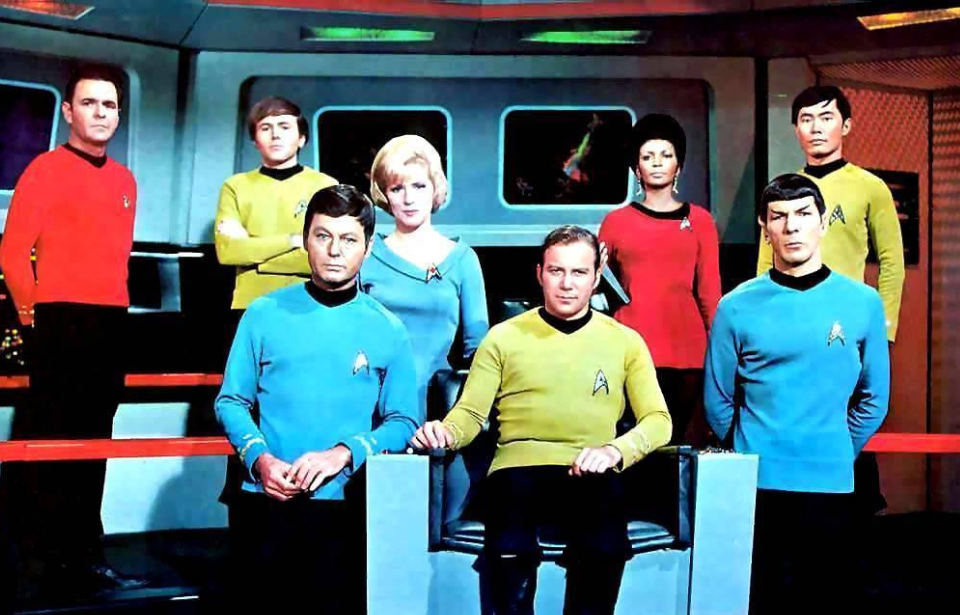Star Trek might be primarily marketed as mere entertainment, but its value goes much deeper than that.
Gene Roddenberry based his initial pitch for the series as being Wagon Train but in space. He wanted that sense of a grand journey to infuse the series as a whole while each episode presented the characters with a challenge to be resolved through resourcefulness and teamwork.
But under this guise of a space-western, Roddenberry was able to instill various moral messages that have been carried on beyond The Original Series and into the many films and other series that followed. When you look at Star Trek closely, you can find many life lessons in there, so here are the top ten that we’ve collected
The needs of the many outweigh the needs of the few
Perhaps one of the most famous quotes from the whole franchise is this one, spoken by Spock in Star Trek II: Wrath of Khan when he gives up his life so others may live. While Spock’s personal sacrifice is an incredibly large one, this principle can be applied to every day as well. It essentially encourages the individual to think of the wider community.
This sense of putting the greater good before your own personal goals and safety is one that is seen time and again in all of the subsequent series. One website points out that in The Next Generation episode “Sins of the Father,” Worf accepts the accusation of being a traitor – even though it isn’t true and he’ll be exiled for it – because it will save the Klingons from a civil war. Time and again, Star Trek teaches us to think of others first.
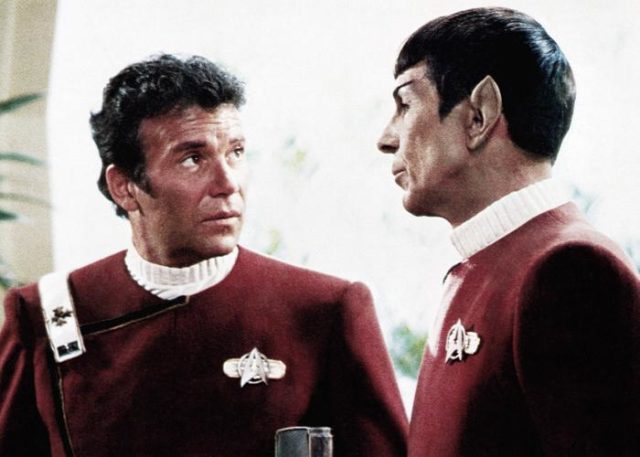
Logic should be employed alongside empathy
Another well-known Spock quote came from Star Trek VI: The Undiscovered Country: “Logic is the beginning of wisdom… not the end.” Through the characters of both Spock and then Data from The Next Generation, the audience is encouraged to examine what it means to be human. Both characters are portrayed as intelligent, strategic, and logical, but in several episodes, when such a response is not appropriate, they have to consider what other skills they might employ.
Spock was frequently challenged by the emotional Dr. McCoy, and the two of them would often offer Kirk conflicting views of the situation. It was then up to Kirk to choose a path that reflected strong feelings while also still being the intelligent course.
Intelligence and cold logic have their place, as do emotion and empathy, and it is a wise person who balances them in each decision they make.
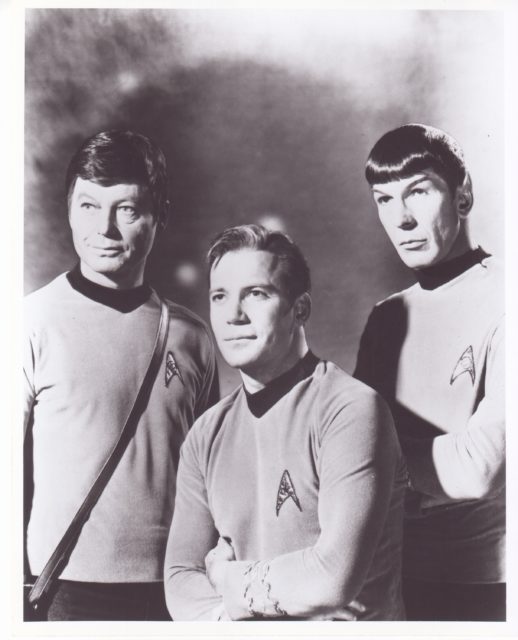
Diversity matters
This isn’t a moral that is just reflected in the stories and the settings of the series; it can also be seen in the casting choices Roddenberry made. In particular, The Original Series pushed the boundaries of casting at that time. During the Cold War, when anti-Russian feeling was high, Walter Koenig was cast in one of the main roles. There was also a Black woman (Nichelle Nichols) and a Japanese-American man (George Takei) in similarly front-and-center roles. The Original Series was also one of the first TV shows to have an interracial kiss.
Nichelle Nichols has spoken about how she wanted to quit after season one but was persuaded not to by Martin Luther King himself because she was representing a minority on the screen like never before.
Equality became even more of a focus in The Next Generation, where there was much higher female representation in the cast. By the time Voyager aired in 1995, a woman was captain. The inclusivity of the show has gone from strength to strength with each incarnation.
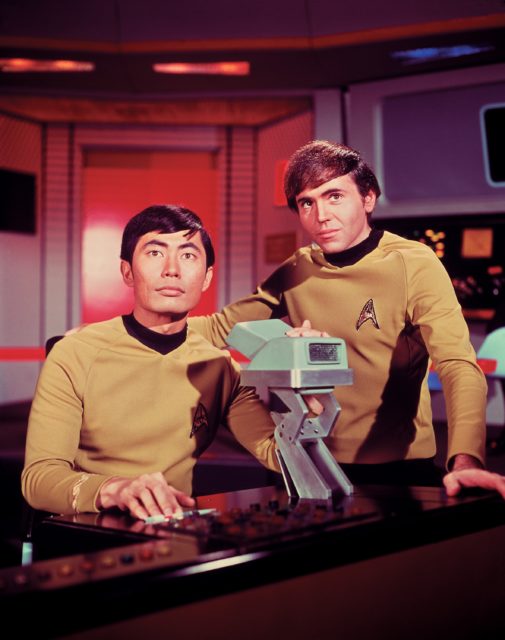
Explore strange new worlds
At its heart, the Star Trek franchise is about finding new planets and civilizations to explore. It’s about not being afraid of the unknown and embracing your curiosity. As one website put it: “exploration is key, and the unknown is not always bad.”
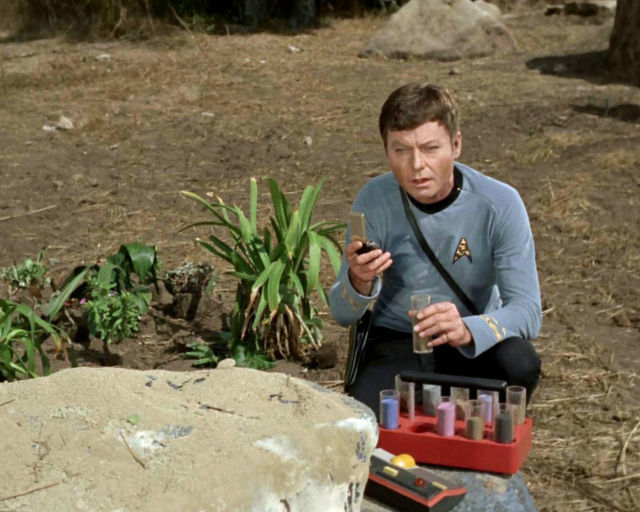
Always consider the consequences of interfering
The Prime Directive states that no member of Starfleet is to interact with a world that hasn’t already made contact with aliens or developed interstellar travel. The message is that every species should be allowed to develop at its own rate.
At its heart, the Directive provides us with a lesson that applies to everyday life: don’t mess with other peoples’ lives. You may think you’re helping, but you aren’t always. And who’s to say the way you do things is better than the way those other guys are doing it? Unasked-for help can sometimes be an inadvertent hindrance.
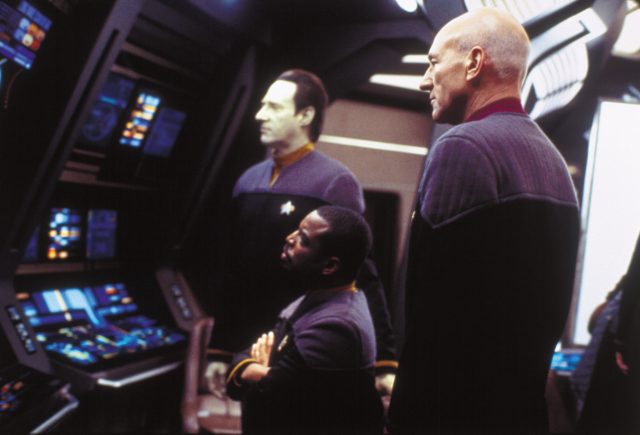
The journey is as important as the destination
Data’s quest to become human is a wonderful example of this. Over the course of seven seasons of The Next Generation, Data finds his inhuman and logical responses challenged. It’s unlikely that he’ll ever become human because, if he does, he wouldn’t be Data anymore. But the journey towards becoming human shapes him into a better person along the way.
Of course, what Voyager taught us is that while having adventures is great and enhances your life experiences, having a home to go to at the end of the day is also a good thing.
However, one website offers up a stark warning that the author also learned from Star Trek: “Holodecks and Wormholes: If it looks too good to be true, it probably is. Be wary of hacks and shortcuts.”
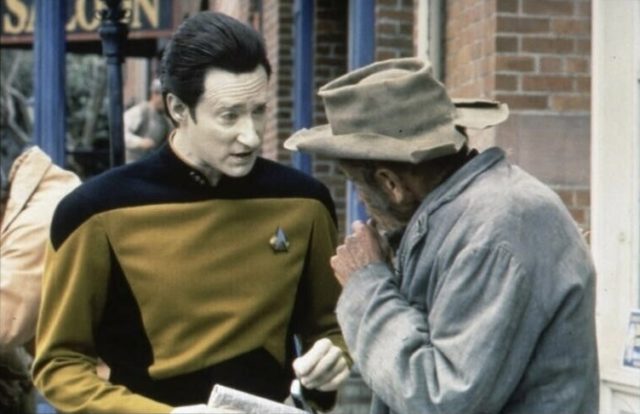
The future can blend life and technology for the betterment of all
In Roddenberry’s future, people don’t work for money. There’s no discussion of salaries or bonuses. Everyone is working for the greater good.
But to some extent, they can do this because the technology of the world is so advanced that money has become irrelevant. Who needs to buy Earl Grey tea (hot) when you have a replicator that can produce it for you? Why worry about crop yields when you’ve got terraforming technology?
However, as one blogger pointed out, despite all the advances made in the world, seatbelts are still missing from the Enterprise…
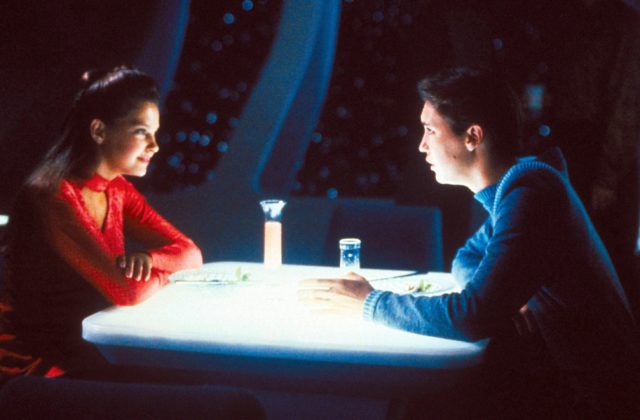
New cultures are to be embraced
The futuristic setting of the franchise meant that series writers were able to deal with real-world problems without looking like they were dealing with real-world problems. Issues between different races on the show have been used to address the Cold War, terrorism, class conflict, and intolerance, among other things.
Whatever problem the crew faced, the solution was always found through empathetic, logical, and pacifistic means.
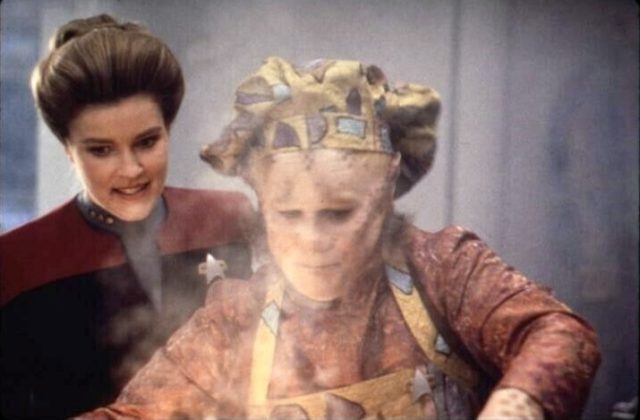
Friendship is a paramount consideration
Just as contact with new worlds was portrayed as a positive thing, so a character’s relationship with those around them was seen as crucial to their happiness. While the captains had dignity and authority, they weren’t afraid to ask for help or advice when they needed it. Every member of the crew served some useful purpose, and their skills were respected by their teammates.
And, of course, while Spock was right when he said, “The needs of the many outweigh the needs of the few,” Kirk was also correct in Star Trek III: The Search for Spock when he told his old friend that he’d gone to so much trouble to find him “because the needs of the one outweigh the needs of the many.” Friendship is important, and sometimes it’s worth bending the rules for just a little bit.
More from us: From Sitcom Stars To Bond Girls And An Actual King – ‘Star Trek’ Guest Stars You Might Not Have Spotted
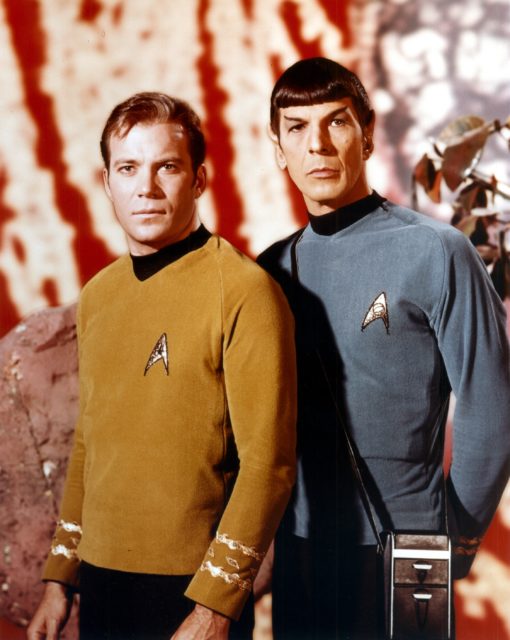
Not everybody looks good in red
Finally, if you do happen to find yourself a bold explorer on a strange new world, then The Original Series taught us a really important lesson: don’t wear a red shirt if you want to get out of there alive.
